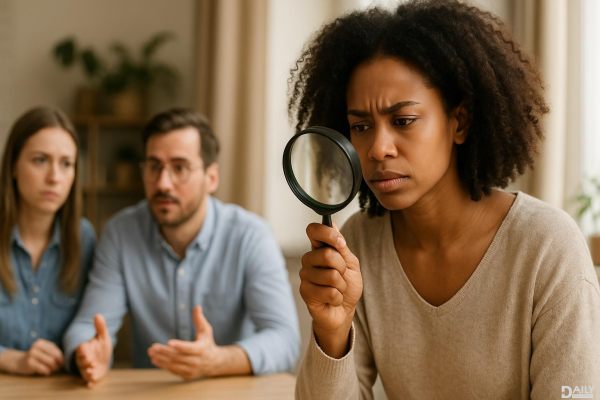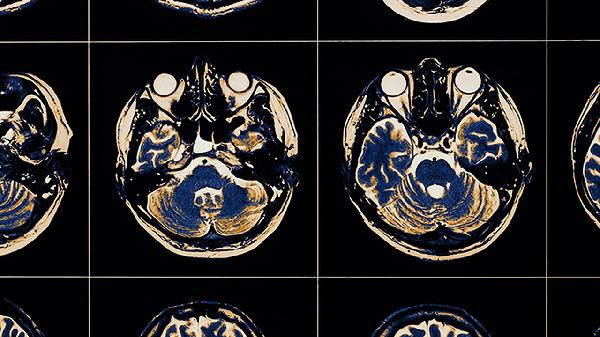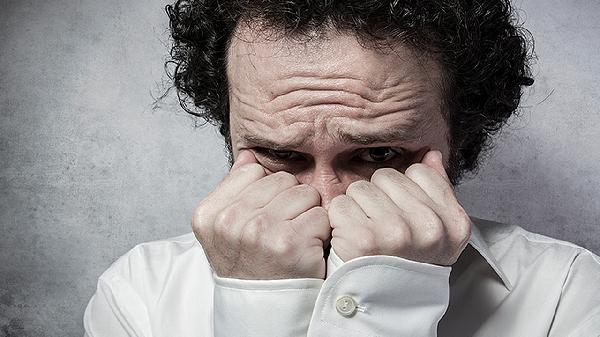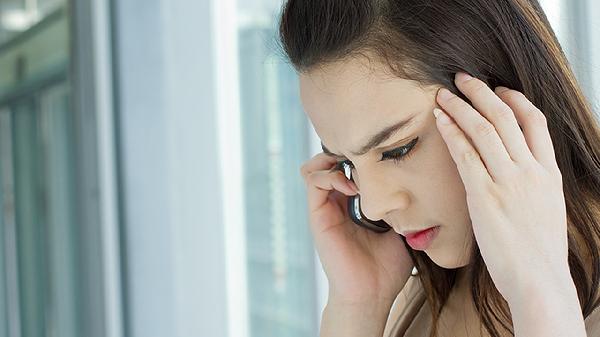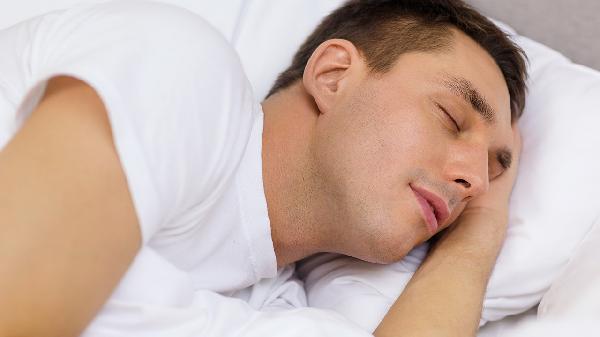For years, I swore I wasn’t a napper. The idea of dozing off during daylight hours felt impossible—my brain wouldn’t shut up long enough to let me drift away, and if I somehow managed it, I’d wake up feeling like I’d been hit by a truck. But then I got treatment for my anxiety, and suddenly, napping became my secret weapon for mental reset. Who knew?
The Nap Resistance Era
Growing up, naps were my nemesis. My mom loves telling the story of how I gave up napping at age four like it was some kind of toddler power move. As an adult, my attempts at daytime sleep usually ended in frustration—either my thoughts would spiral into overdrive, or I’d wake up groggier than before. I chalked it up to being “wired wrong” for naps, not realizing it was my untreated anxiety hijacking my ability to relax.
The Breaking Point
By 2022, my anxiety had reached crisis levels. I’d tried every holistic remedy—yoga, CBD, meditation podcasts—but nothing quieted the constant buzz of dread. A previous attempt to get help had left me with a dismissive prescription for antihistamines (useless for anxiety, great for making you feel like a zombie). This time, though, I lucked out: a nurse practitioner actually listened. She prescribed duloxetine, an antidepressant that also treats anxiety and chronic pain. Within days, the mental noise began to fade.
The Unexpected Nap Renaissance
Medication didn’t just dial down my anxiety—it rewired my relationship with rest. For the first time, lying down didn’t feel like a battleground. My thoughts didn’t ricochet; my body didn’t rebel. One day, I realized I’d dozed off on the couch after lunch and woken up… refreshed. Not disoriented. Not guilty. Just restored. It was revolutionary.
Napping as a Radical Act
Now, naps are my non-negotiable reset button. Overstimulated after a social event? Nap. Emotionally drained from errands? Nap. Bad sleep the night before? You bet I’m carving out 20 minutes to recharge. It’s wild how treating my anxiety unlocked this simple, profound tool for self-care. Research backs it up—short naps boost mood and cognitive function—but for me, it’s personal. Napping isn’t laziness; it’s reparative.
The Bigger Picture
Getting treatment didn’t just save me from crisis—it gifted me small, daily freedoms I never knew I was missing. Like the joy of a weekend couch nap, or the clarity that comes from pausing instead of powering through. I used to think napping was for other people. Turns out, I just needed the right support to access it. Now, I’m making up for lost time.
Anxiety stole a lot from me, including years of potential rest. But healing gave it back—one glorious nap at a time.

